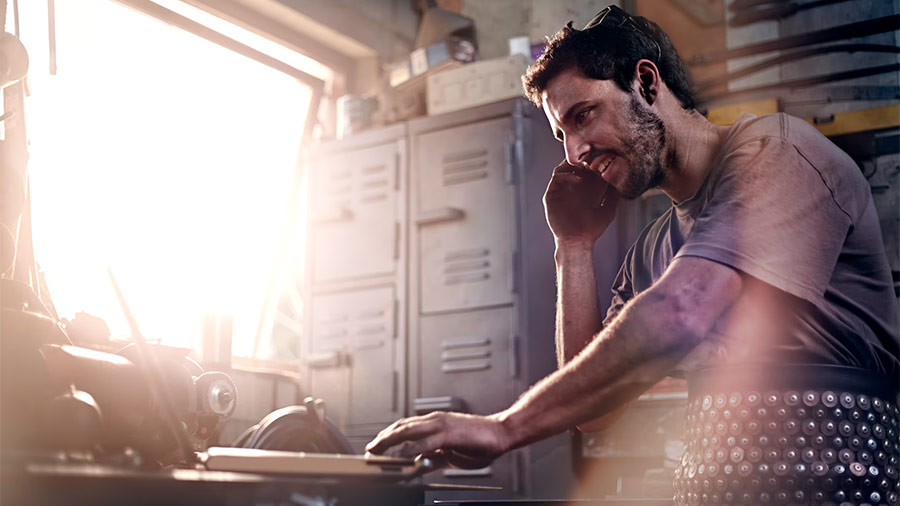Whether you aspire to work from the comfort of your own home or on the shores of a far-flung city, it’s easy to see why blogging is a popular choice for aspiring entrepreneurs. Even though being a professional blogger is associated with creative freedom, it’s also subject to small business obligations. Knowing how to report your income, and being informed about the deductions you’re eligible for and the records you should be keeping are important – whether you’re writing about food, travel or fashion. Here are five things bloggers should know.

Simple tax tips for bloggers
1. There’s a difference between a business and a hobby
Do you work on your blog every weekday and have an assistant that helps you field ad sales? Or do you spend weeknights sampling your city’s new restaurants and your Sundays publishing posts? In the eyes of the Australian Taxation Office (ATO), there’s a world of difference between a professional blog that generates profits and a side hustle that has a small audience but is years away from bringing in money.
If you have doubts, the ATO publishes a handy checklist that can help you decide whether you’re running a business or indulging in a hobby, and it explains potential tax obligations.
2. You’ll need to separate your business and personal expenses
Mixing your business expenses with your personal spending is the quickest way to complicate your tax. It’s also easier to do than it looks. Set up a dedicated account for your business and use this for all your expenses. If you ask your clients to pay you into your business account and transfer set amounts to your personal account as wages, your affairs will be less complicated once the tax deadline for freelance professionals rolls around.

3. Record any gifts, press trips, or freebies
If you’re a blogger, accepting gifts, such as clothing, new products, or offers to travel, is one of the many perks of the job. And although the ATO doesn’t generally require you to declare small gifts, if a present is associated with your professional profile, it might count as a non-cash benefit and should be reflected in your reporting. If in doubt, your accountant can help you tell the difference.
4. Know what tax deductions you’re eligible for
Despite the ATO only recently recognising blogging as a profession, that doesn’t mean you shouldn’t be vigilant when it comes to claiming deductions you’re eligible for. Generally, any costs you incur that are related to your income can be claimed as a tax deduction.
For example, bloggers can claim internet-related expenses such as hosting charges and software fees, professional services such as design and photography, and equipment expenses such as computers and cameras. They can even claim a percentage of the costs for a home office, such as rent, internet, electricity, and any office furniture you’ve purchased.
If you’re travelling for a blogging project that generates income, you may even be eligible to claim costs such as food, transport, and accommodation – just be sure to keep a thorough record and carefully file away any receipts. Unfortunately, deducting expenses that could have a private or domestic purpose – even if they’re related to your blog’s subject matter – is still a grey area for the ATO.
Avoid the temptation to claim for everything unless you’re sure, or you could end up in hot water. Blogging might be a dream career but overlooking your tax obligations can see your creative fantasies evaporate fast. That’s why prioritising your tax responsibilities – alongside building an audience and mastering social – can help your online business flourish.
Related Articles
Looking for something else?

TAKE A NO-COMMITMENT TEST DRIVE
Your free 30-day trial awaits
Our customers save an average of 9 hours per week with QuickBooks invoicing*
By entering your email, you are agree to our Terms and acknowledge our Privacy Statement.














